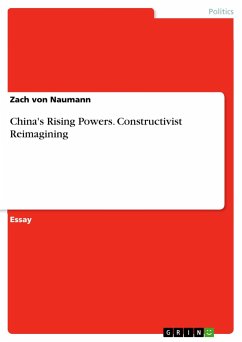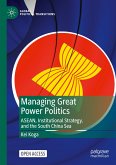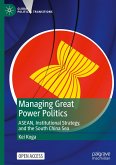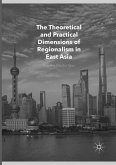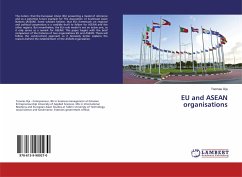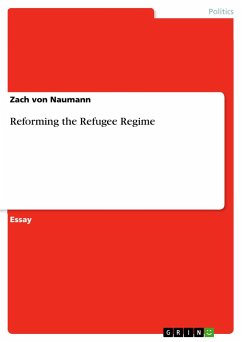Essay from the year 2013 in the subject Politics - International Politics - Region: USA, Seattle Pacific University, language: English, abstract: China's economic success over the last several decades has unarguably attracted the attention of leaders and governments in every corner of the globe. McDougall points out that the, "...US-China economic relationship is clear. The US is China's biggest customer (18.4% of China's exports in 2009); China is the single most important source of imports for the US (19.0% of US imports in 2009)" (McDougall, 6). The ramifications of a fully modernized China that actively participates in shaping and leading the global economy are widespread, as China possesses the capital and manpower necessary to influence the course of history. Specifically, the United States has made numerous declarations that place China among the top threats to a realist version of international order that anticipates balancing of power and ultimately violent confrontationbetween rising powers and the established hegemon.I will draw upon China's long history, recent collaborations with its East Asian neighbors, and economic policies, to argue that economic mercantilism and constructivism better explain China's development than the dominant realist theoretical framework. Furthermore, I will argue that constructivism will demonstrate that China's continued development is peaceful in nature and instead of destabilizing international and regional order holds the capacity for benefitting all of the involved actors.

